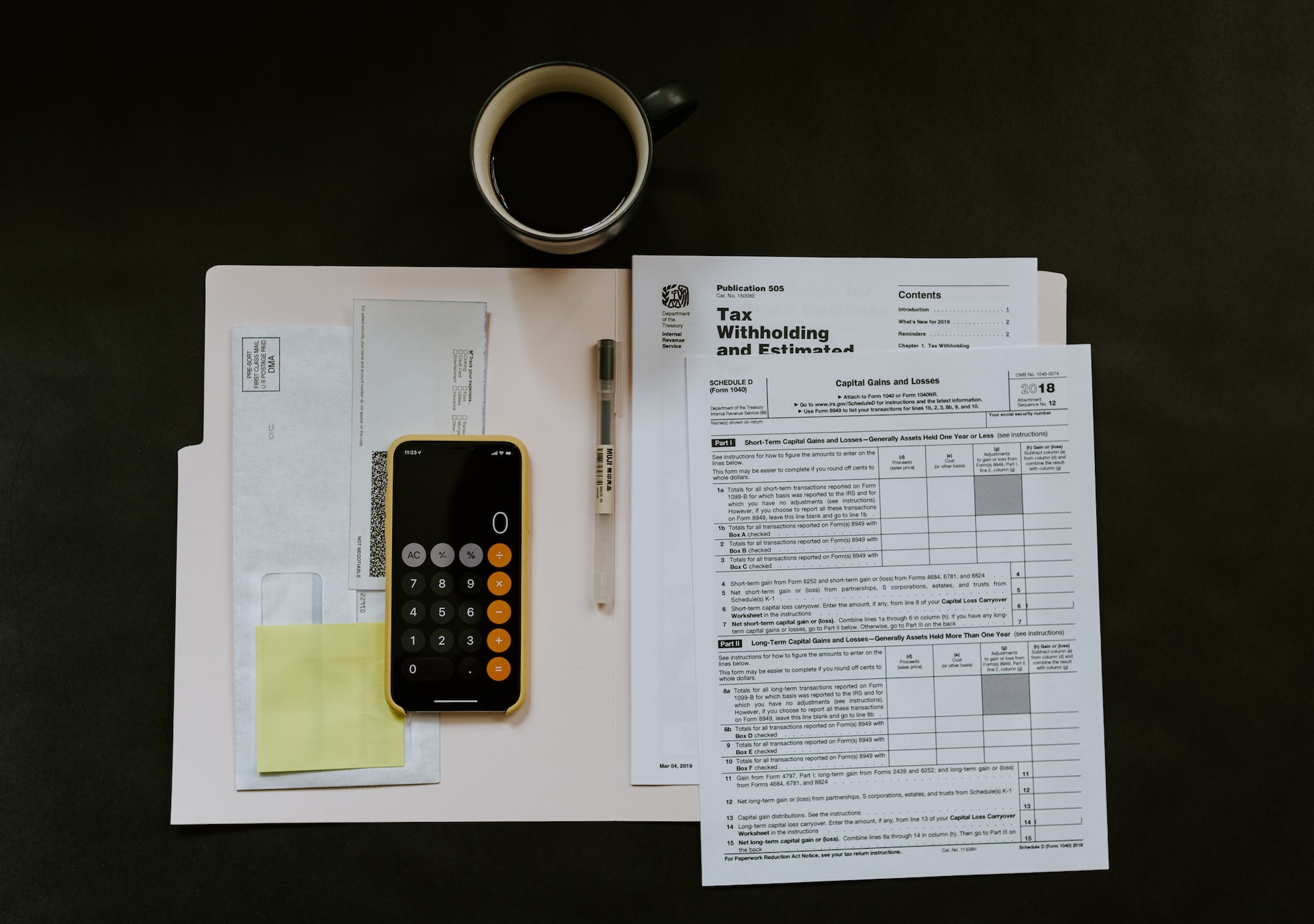6 Tips for Applying Housing Loans for the Self-Employed
Share story

A man is holding a house in his hand during a discussion.
When you work as a freelancer, consultant, or business owner, your income is not constant; consequently, qualifying for a house loan may be intimidating because you are concerned about convincing banks to grant your loan.
Here are some tips and documents you should gather in order to increase your chances of qualifying for a home loan.
First, prepare the following documents to support your housing loan application:
Here are the non-standard documents self-employed can use for home loan applications:
Business Registration – Register your business, even if there is only one director. A registered firm appears reputable and established to banks, demonstrating that your source of income is sustainable.
Detailed Business Profile – Create a professional-looking profile for your company, whether it’s a website, a Facebook page, or a LinkedIn profile. This enables banks to comprehend your company’s operations and revenue model.
Financial Statements – Gather the last two to three years’ worth of income tax returns, profit and loss statements, balance sheets, and bank accounts. Financial records that are well-organized show the consistency and increase of your revenue over time.
Income Tax Statements – File income tax returns annually even if your annual income falls below the taxable threshold (RM34,000). Income tax statements serve as official proof of your income to banks.
Bank Statements – Bank statements demonstrating your company’s income and revenue over time demonstrate your income stability and ability to repay debts.
Credit Score Report – Banks use your CCRIS and CTOS credit scores to calculate your credit risk and loan eligibility. Examine your credit record, pay off any charges, and keep your credit score high. A higher credit score means better loan terms.
What else can you do to increase the likelihood of your home loan application being approved?

Keep your financial records properly to use for loan applications.
Declare Your Earnings – LHDN requires your real income in order to accurately assess your taxes and credit risk. Understating your wages is unlawful and can get you into trouble.
Contribute to EPF – Even if you are self-employed, make monthly EPF contributions. Banks consider EPF statements to be significant confirmation of your income stability.
Reduce Your Debt-to-Income Ratio – Before applying for a house loan, pay off all outstanding bills and avoid incurring new debt. A lower DTI ratio indicates that you have more disposable income to service the mortgage.
Make a Large Down Payment – A larger down payment, ideally 20% of the purchase price, lowers the loan amount required and your interest expense. With a substantial down payment, you’ll also have a better chance of getting approved.
Get a Mortgage Pre-Approval – Meet with several banks to obtain pre-approval for a mortgage amount depending on your income documents. With pre-approval, you can make a firm offer when buying a home.
Choose a Bank With Experience in Lending to Self-Employed Applicants – Not all banks and lenders are comfortable lending to self-employed applicants. It’s best to save your time and target those who have prior expertise assisting self-employed individuals. Look for banks and lenders who offer flexible repayment options, accept alternative income documentation, and have competitive interest rates on their loan products.


